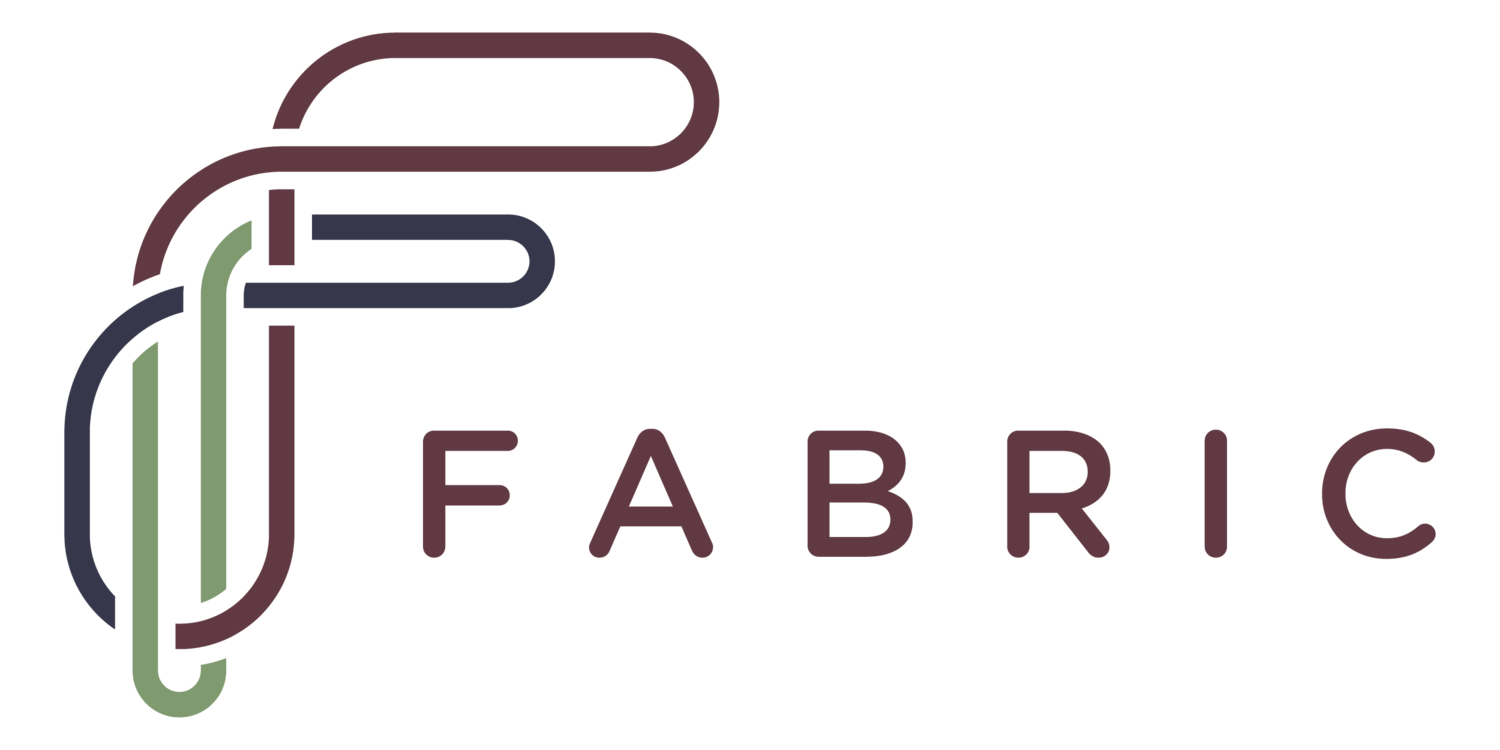Straddling the "Divide" between Sacred and Secular
/It doesn’t take much scrolling through social media or flipping through headlines to notice a growing tension around religion and spirituality. On one hand, you’ve got communities fiercely defending their beliefs, often doubling down on exclusivity and rigid traditionalism. On the other, you see an ever-expanding cohort of people stepping away from the institutional church altogether—sometimes running away—because of disillusionment, frustration, or very real hurt and trauma.
So, where does a community like Fabric fit into all of this? What does it look like to gather as a group of people who see value in spirituality and church community, but are wary of the “churchiness” that so often gets in the way? Around Fabric, we’re planted in that tension—straddling the perceived line between the sacred and secular, exploring what it means to belong, and doing our best to focus on what really matters to people.
Why Sacred vs. Secular is a False Choice
One of the big questions we ask as Fabric is: why does it have to be either/or? Why does connecting with something bigger than ourselves—something sacred—have to feel disconnected from the realities of everyday life? Why should people have to choose between being fully authentic in their doubts, questions, and quirks, or fully accepted in a spiritual community?
The modern obsession with the false division between sacred and secular certainly has some merit, as politically-driven “christian” “churches” seek to influence policy, bend conversations, and partner with the absurdly powerful to gain, hoard, and retain power. After all, modern notions of this divide can really only be traced back to about the Great Depression and World War II, when “adult fears about the fate of America came to rest squarely on the shoulders of young people” and “the battle for the future of civilization became quite literally the battle for the souls and bodies of young people.”
I should note here my appreciation of Thomas E. Bergler’s book, The Juvenilization of American Christianity, which traces the history of the development of church youth work as a response to what I would characterize as un-metabolized adult anxiety and the resulting development of a pretty neurotic culture that prefers denial of hard stuff over acceptance and management of it. That anxiety, and the resulting cultural consequences have endured now for enough generations since the 40s and 50s that they have hardened into integral (but still essentially brand-new) parts of Christian Tradition in America™. I should maybe write more about this someday. But today’s not that day.
Around Fabric, we’re not about enforcing boundaries between the sacred and the secular. We’re about breaking them down. Because, let’s be honest: life doesn’t happen in neat, color-coded categories. It’s messy and complicated and beautiful. Faith and trust are no different. Sacred moments don’t just happen on Sunday mornings or in quiet prayers; they show up in laughter with friends, acts of service, tears of frustration, the chaos of parenting, sharing tasty food with others, and in moments of quiet stillness.
As Fabric, we think that’s something to celebrate—not to resist.
For the Skeptics and the Not So Sure
Maybe you’ve walked away from the institutional church. Maybe you’ve never felt like you belonged in one to begin with. Maybe you’ve been hurt by churches that claimed to welcome everyone but didn’t live it out. We get it.
Fabric exists because we know there’s another way. We’re not interested in exclusive, one-size-fits-all answers. We’re not here to pretend we have everything figured out or to pressure anyone into beliefs they don’t hold. Instead, we’re here to create space. A space for curiosity. A space for connection. A space where it’s okay to bring your whole self—questions, doubts, scars, and all.
We’re not perfect (because no community is), but we aim to be a community where people can experience belonging and meaning without fear of judgment or rejection. We take curiosity and growth and fun seriously, but don’t take ourselves that seriously (and we suspect God doesn’t either).
What We’re Building Together
At Fabric, we use three strands to describe the kind of community we’re weaving together: yourself, others, and God. These strands represent the relationships we believe hold life together, whether you call them sacred or not (see also: “a three-stranded cord is not easily broken”). Here’s how they show up:
Yourself: We believe in showing up fully as you are—no need to put on a “holy” face or pretend you have it all together. Growth, healing, and connection start with authenticity.
Others: Relationships are at the heart of everything we do. Life is too hard (and too beautiful) to navigate alone, so we’re here to build a community that shows up for one another with mutual kindness, respect, and dignity.
God: However you understand God—or whether you’re even sure what you think—we’re here to explore what’s bigger than us, what connects us, and what gives life meaning.
Why This Matters
In a world where institutions of all kinds feel increasingly untrustworthy, where people feel more isolated than ever, and where religion has too often caused harm rather than healing, we think there’s room for something different. There’s room for a community that’s honest about the messiness of life, open to the complexity in conversations about trust and faith, and committed to building toward the common good, one small act of love at a time.
Fabric isn’t about “saving” anyone or convincing you to check a certain set of spiritual boxes. It’s about weaving a life that feels whole and connected, together with others.
If you’re curious about what that looks like, we’d love to have you join the conversation. Because at the end of the day, life is too big and too sacred to be confined by labels like “secular” or “sacred.” It’s all part of the same beautiful, complicated tapestry—and we’re here to weave it together.
Ta ta for now, friends. Talk soon.
Love, Ian.
Ian McConnell (he/him)
Lead Pastor, Fabric




